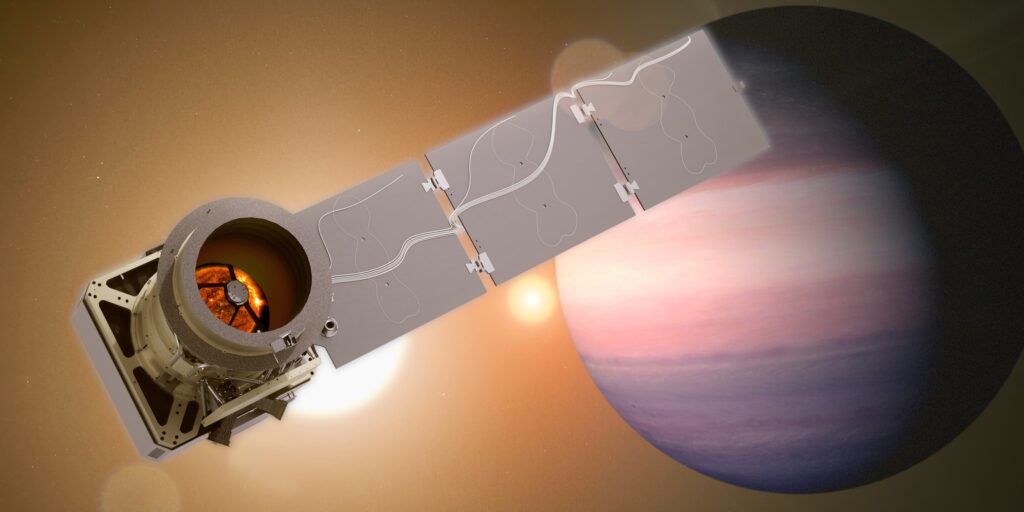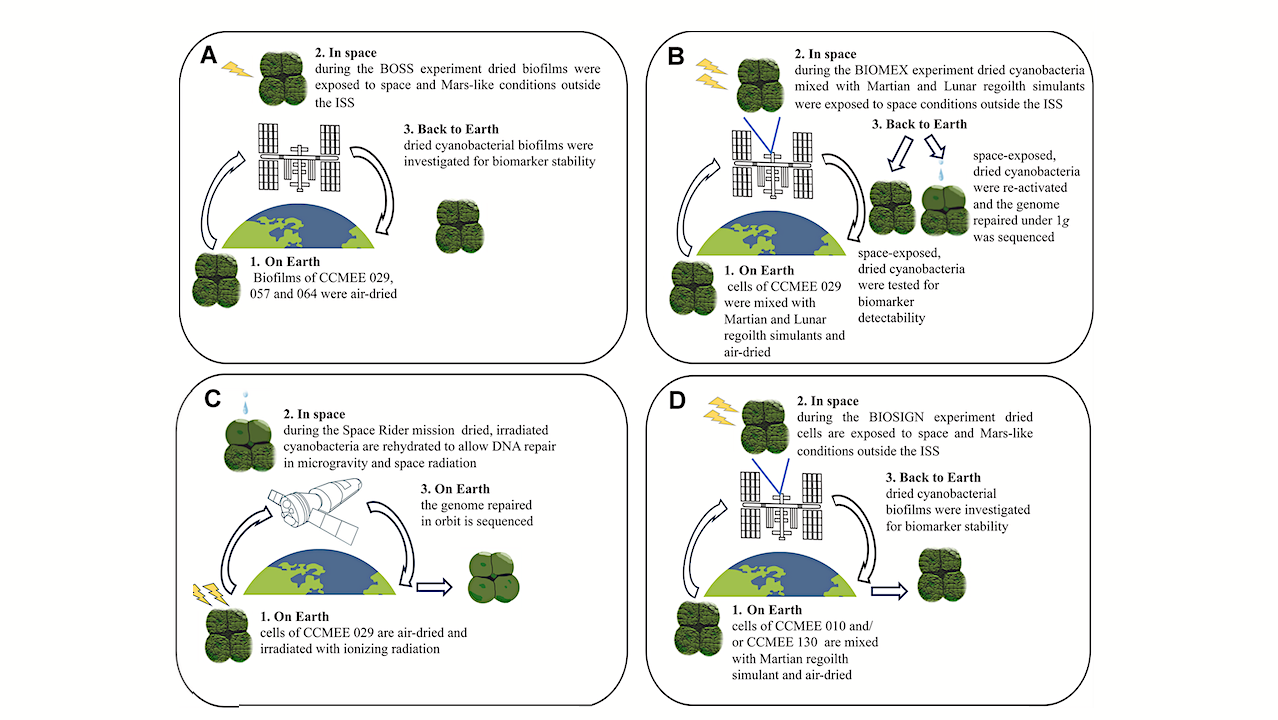Now Reading: OHB raises concerns about planned European space joint venture
-
01
OHB raises concerns about planned European space joint venture
OHB raises concerns about planned European space joint venture


BERLIN — The head of German space company OHB says he is concerned about a planned joint venture among three of his competitors, even as the company sees new opportunities from growing European space spending.
In a Nov. 13 earnings call about OHB’s third-quarter financial results, Marco Fuchs, the company’s chief executive, said the proposed joint venture of space business units at Airbus Defence and Space, Leonardo and Thales Alenia Space poses a challenge to OHB.
“This is concerning. We are concerned about our roles in the space industry, especially on the European level,” he said.
Fuchs noted that OHB has worked with one of the prospective joint venture partners, Thales Alenia Space. “This impacts our teaming opportunities. This impacts our supply chain opportunities,” he said.
Airbus, Leonardo and Thales announced Oct. 23 that they had signed a memorandum of understanding to create the joint venture, code-named Project Bromo. Finalizing the venture, including securing European antitrust approvals, may take up to two years.
The companies argue the joint venture is needed to give them the scale to compete with U.S. counterparts, but Fuchs was skeptical. “In a growing market, it’s a question why consolidation is going on,” he said.
“It’s creating an environment where we feel that our European business model is coming under pressure and is being threatened,” he continued. “We believe that institutional customers want to continue to have competitive offerings, and this is something that we will obviously actively communicate in the next weeks and months.”
He emphasized institutional customers because, he argued, most of the business for those companies comes from European governments. He added that the venture will not include stakes in launch activities, such as Airbus’s holdings in ArianeGroup.
“We will be vocal. We will defend our interests,” he said. “But we are obviously open to discuss with everybody involved — governments, industrial players, regulators — in order to raise our concerns and our view.”
OHB sees growing European government demand for space services. In the call, executives cited Germany’s plans to spend 35 billion euros ($41 billion) on military space systems over the next five years, as well as the expectation of additional civil space spending once the European Space Agency finalizes its budget for the next three years at its ministerial conference later this month.
There is also the prospect of more space funding from the European Union. The European Commission announced in July that it intends to seek 131 billion euros for defense, space and security in its next seven-year multiannual financial framework, starting in 2028. That is five times the amount in the current budget.
The announcement did not specify how much of that funding would go directly to space programs. However, the combination of planned EU spending, along with ESA and national government investments, leads OHB to believe overall European government space spending is set for a sharp increase.
Markus Moeller, OHB’s chief strategy and business development officer, said the company believes Europe overall could double its space spending in the coming years.
“The general take is that Europe in total in the next years will massively increase spending on space,” he said. “You may want to call it a hot market.”
Spaceport plans
The call took place two days after OHB announced it was creating a new venture, the European Spaceport Company, to promote development of spaceports in Europe, including both land-based and sea-based platforms.
The venture builds on a previous effort, the German Offshore Spaceport Alliance, which included OHB and other companies studying a mobile launch platform that could operate in the North Sea. The German government provided funding for that study.
The result was a design for a mobile, multi-user launch pad that could support different kinds of rockets, reducing the need for vehicle-specific infrastructure. OHB said the new company will first explore using that concept at Kourou, French Guiana, while also working on a European offshore launch pad.
“At OHB, we are experts in launch sites and infrastructure, and we are closely connected to developments in the market, which we leverage to the benefit of our customers,” said Sabine von der Recke, an OHB board member who is leading the European Spaceport Company, in a statement.
Fuchs said the venture will leverage the experience of MT Aerospace, which has worked on spaceport infrastructure in Kourou for nearly 30 years. OHB acquired the 30% of MT Aerospace it did not already own on Oct. 29.
“This is something we believe is an attractive opportunity for Europe to have a more resilient spaceport, launch and ground infrastructure capability,” he said.
Stay Informed With the Latest & Most Important News
-
 01From Polymerization-Enabled Folding and Assembly to Chemical Evolution: Key Processes for Emergence of Functional Polymers in the Origin of Life
01From Polymerization-Enabled Folding and Assembly to Chemical Evolution: Key Processes for Emergence of Functional Polymers in the Origin of Life -
 02Two Black Holes Observed Circling Each Other for the First Time
02Two Black Holes Observed Circling Each Other for the First Time -
 03How New NASA, India Earth Satellite NISAR Will See Earth
03How New NASA, India Earth Satellite NISAR Will See Earth -
 04Thermodynamic Constraints On The Citric Acid Cycle And Related Reactions In Ocean World Interiors
04Thermodynamic Constraints On The Citric Acid Cycle And Related Reactions In Ocean World Interiors -
 05Φsat-2 begins science phase for AI Earth images
05Φsat-2 begins science phase for AI Earth images -
 06Hurricane forecasters are losing 3 key satellites ahead of peak storm season − a meteorologist explains why it matters
06Hurricane forecasters are losing 3 key satellites ahead of peak storm season − a meteorologist explains why it matters -
 07Binary star systems are complex astronomical objects − a new AI approach could pin down their properties quickly
07Binary star systems are complex astronomical objects − a new AI approach could pin down their properties quickly




















